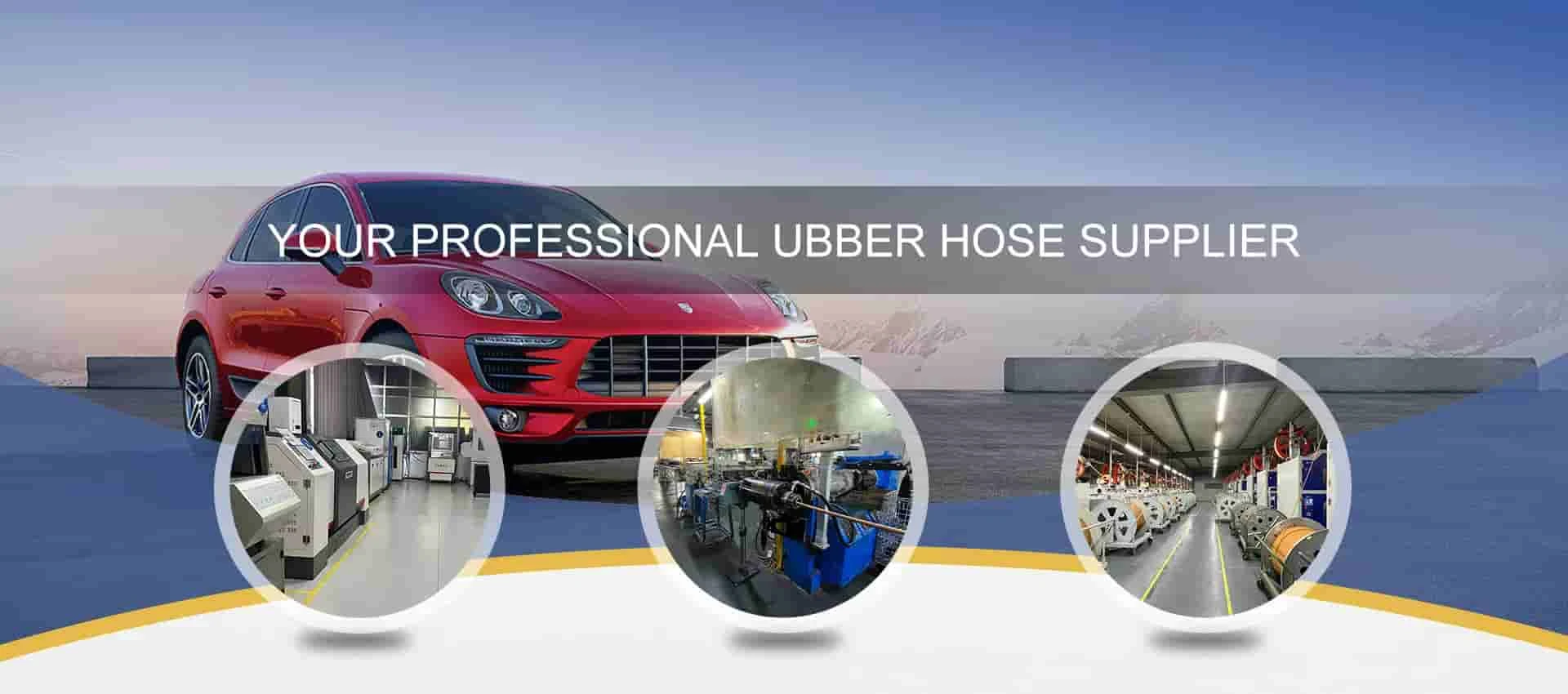air brake tubing
ное. . 25, 2024 20:24 Back to list
air brake tubing
Understanding Air Brake Tubing A Critical Component of Modern Vehicles
Air brake systems are essential for the safe operation of heavy vehicles, such as trucks, buses, and trailers. A critical component of these systems is the air brake tubing, which plays a vital role in transmitting compressed air from the compressor to the brake chambers. Understanding the function, types, and maintenance of air brake tubing is essential for anyone involved in vehicle safety and maintenance.
Function of Air Brake Tubing
The primary function of air brake tubing is to transport compressed air throughout the braking system. When the driver presses the brake pedal, it sends a signal to release pressure from the air tanks. This action allows air to flow through the tubing into the brake chambers, activating the brakes. The reliability of this system is paramount, as any failure in the tubing can lead to brake malfunctions, potentially resulting in accidents.
Air brake tubing is designed to withstand various conditions, including extreme temperatures and pressure fluctuations. It must be resilient enough to handle the significant forces involved in braking while maintaining flexibility and durability. This durability is essential, considering that brake systems must operate efficiently and safely, even under extreme conditions.
Types of Air Brake Tubing
Air brake tubing comes in several types, each suited for different applications and operating environments
. The most common types include1. Rubber Brake Hose This is often used in flexible areas of the system where movement is necessary. Rubber hoses are lightweight and easy to install, but they may have limitations in terms of longevity and temperature resistance.
2. Polyurethane Tubing Known for its flexibility and resistance to abrasion, polyurethane tubing is often used in more demanding environments. This material can endure higher pressures and temperatures than rubber, making it suitable for heavy-duty applications.
3. Nylon Tubing Nylon tubing is widely used for air brake systems due to its excellent resistance to chemicals and high temperatures. It is lightweight and rigid, providing a stable connection in various configurations. Nylon tubing is particularly advantageous in vehicle assemblies where space and weight are concerns.
air brake tubing

4. Metal Tubing In some applications, especially where high pressure is present, metal tubing may be used. Stainless steel or aluminum tubes provide superior strength and durability, minimizing the risk of leaks or ruptures. Metal tubing is often found in parts of the system that require stringent safety measures.
Maintenance of Air Brake Tubing
Regular maintenance of air brake tubing is crucial for ensuring the safety and longevity of the braking system. Here are some key maintenance practices
1. Visual Inspections Conducting regular visual checks for signs of wear, kinks, or leaks in the tubing can help identify problems before they become serious. Look for discoloration or cracking, indicating that the tubing may need replacement.
2. Pressure Testing Periodic testing of the air system's pressure can help detect leaks. A drop in pressure may indicate compromised tubing, requiring further investigation.
3. Replacement Depending on the type of tubing and the vehicle's usage, replacement should occur at intervals recommended by the manufacturer. Rubber hoses typically have a shorter lifespan compared to nylon or polyurethane alternatives.
4. Environmental Considerations Be mindful of the conditions in which the vehicle operates. Extreme weather and harsh road conditions can accelerate wear on the tubing, prompting more frequent inspections.
5. Consulting Professionals If any abnormalities are detected or if the tubing appears worn, consulting a professional mechanic is advisable. A qualified technician can provide a thorough inspection and recommend necessary repairs or replacements, ensuring that the system meets safety standards.
Conclusion
Air brake tubing is a fundamental component that ensures the safety and effectiveness of brake systems in heavy vehicles. Understanding its purpose, various types, and maintenance needs is essential for vehicle owners and operators. By prioritizing the upkeep of air brake tubing, one can mitigate risks and ensure that braking systems function properly, contributing to overall road safety. Regular inspections and timely replacements can save lives, making air brake tubing an area deserving of attention and respect within vehicle maintenance.
